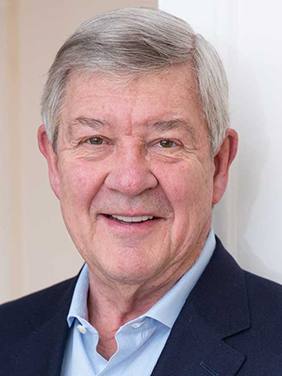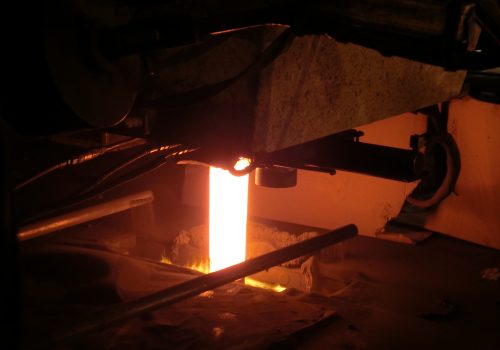Decarbonizing the aluminum market: Challenges and opportunities
Aluminum is one of the most energy-intensive and greenhouse gas-emitting commodities globally, as its production in many countries relies on coal-generated electricity. Demand for aluminum is expected to grow sharply in the coming decades, propelled by the transportation, construction, packaging, and electrical sectors, and its crucial role in producing energy-transition technologies such as electric vehicles and energy-efficient materials.
STAY CONNECTED
Sign up for PowerPlay, the Atlantic Council’s bimonthly newsletter keeping you up to date on all facets of the energy transition.
Decarbonizing the aluminum sector, along with other heavy industry sectors, is paramount to achieving global climate objectives. As global demand for aluminum increases, the successful integration of low-carbon production processes is required, necessitating innovative solutions that combine usage of new well-planned renewable energy systems and advanced technologies, and collaborative efforts among major aluminum producing economies.
This report explores the pathways to decarbonize aluminum production through the increased use of recycled scrap metal, supplying more low-carbon energy to production facilities, and increasing efficiency through new technologies. Leveraging both public and private purchase commitments and trade policies will also serve as important tools for major economies to collaborate on decarbonizing aluminum and other heavy-emitting industries.
AUTHORS

Nitya Aggarwal is a Policy and Communications Associate at Climate Advisers where she works closely with both the Policy & Research and Communications teams.
She brings extensive research and policy expertise in the forest, food and lands sector as well as carbon markets and energy policy. She has previously worked at RECIPES for Sustainable Food Systems, where she analyzed food loss data and agricultural policy to transform linear food systems into curricular systems. Her previous experience at Clean Water Action, Indiaspora, and Oceana contribute to her nuanced policy and communications background. Nitya is a graduate of American University where she received her B.A. in International Studies and Environmental Science.

Matt Piotrowski is the Senior Director of Policy and Research at Climate Advisers, focusing on communication outreach with the financial sector, managing the Chain Reaction Research initiative, and providing analysis for investors to mitigate climate risks.
Before joining Climate Advisers, Matt worked as Senior Editor of Securing America’s Future Energy (SAFE) news service, The Fuse, where he focused on oil and other financial markets, clean transportation, and state and federal energy policy. Before SAFE, Matt worked at Energy Intelligence, where he edited multiple publications and served as Washington bureau chief.
Matt’s experience includes extensive reporting, research, and analysis on international financial markets and domestic energy policy. His diverse background in energy, investor trading, and transportation has included projects focusing on reducing petroleum demand and increasing diversity in the transport sector for economic, national security, and environmental reasons.
Matt holds an MA in Writing from Johns Hopkins University and a BA in History from Salisbury University.

George T. Frampton is a distinguished senior fellow and the director of the Transatlantic Climate Policy Project at the Atlantic Council Global Energy Center. He was a former chair of the White House Council on Environmental Quality (CEQ) and is the co-founder and chief executive officer of the Partnership for Responsible Growth, an organization started in 2015 to build a bipartisan dialogue around carbon pricing as a key element in addressing climate change.
In 2019, he was the Richard Holbrooke inaugural fellow at the American Academy in Berlin, where he organized and presented at a number of workshops and conferences on the relationship between European and US climate policy.
Frampton’s background combines science, economics, and law. Before chairing the CEQ from 1998 to 2001, he served as assistant secretary of the interior for fish, wildlife, and parks and as president of The Wilderness Society. He has been senior of counsel at Covington & Burling LLP, working in the firm’s climate and clean energy practice, and a partner at Boies, Schiller & Flexner LP.
OUR WORK

The Global Energy Center develops and promotes pragmatic and nonpartisan policy solutions designed to advance global energy security, enhance economic opportunity, and accelerate pathways to net-zero emissions.
Image: Molten metal is poured into carbon anodes at Century Aluminum Company in Hawesville, Kentucky, U.S. May 14, 2019. Picture taken May 14, 2019. REUTERS/Bryan Woolston

